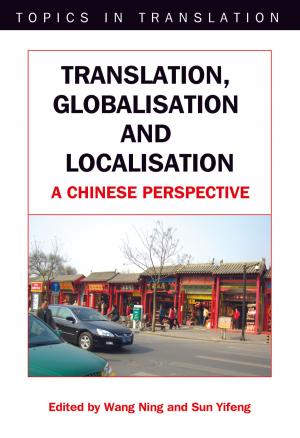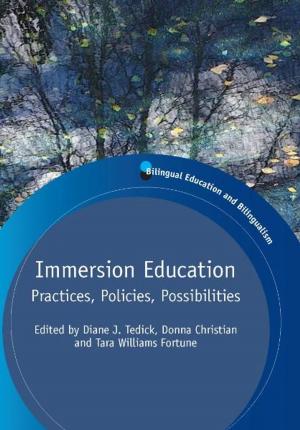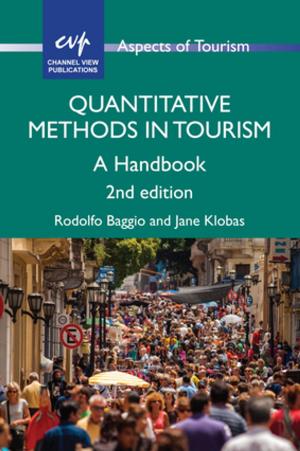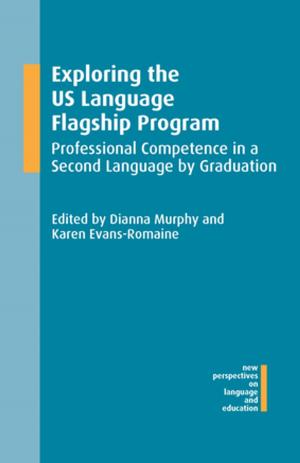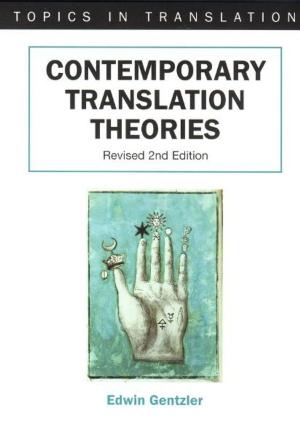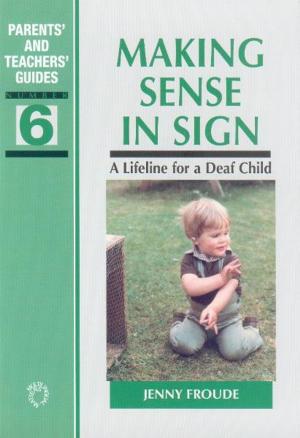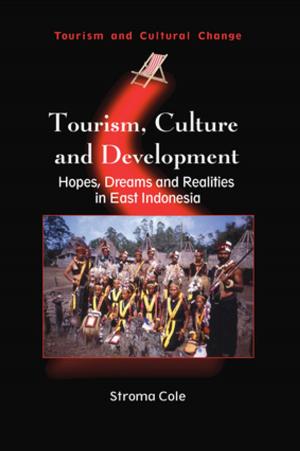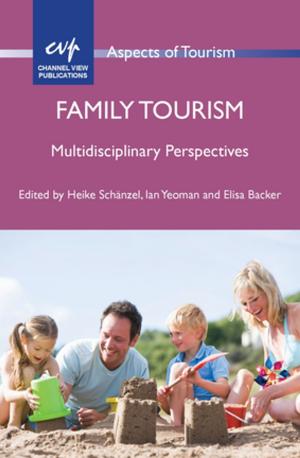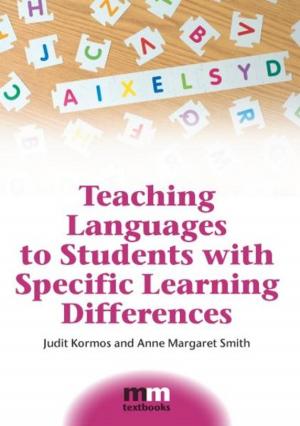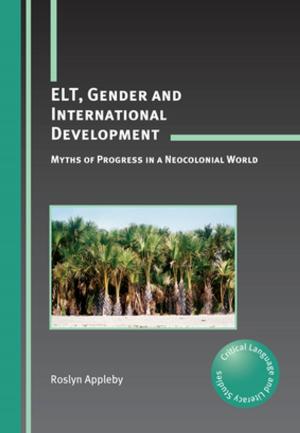Rethinking Second Language Learning
Using Intergenerational Community Resources
Nonfiction, Reference & Language, Education & Teaching, Educational Theory, Multicultural Education, Language Arts, Study & Teaching| Author: | ISBN: | 9781783095421 | |
| Publisher: | Channel View Publications | Publication: | May 19, 2016 |
| Imprint: | Multilingual Matters | Language: | English |
| Author: | |
| ISBN: | 9781783095421 |
| Publisher: | Channel View Publications |
| Publication: | May 19, 2016 |
| Imprint: | Multilingual Matters |
| Language: | English |
This book evaluates a project where formal classroom learning of a second language was supplemented with informal, natural interactions with older native speakers of the target language, delivering a number of pedagogical and societal benefits. The authors introduce a model of intergenerational, intercultural encounters which aims to promote the use of community language resources; enrich the experiences of young learners; foster greater understanding between generations; break down cultural stereotypes; encourage appreciation of different cultures and enhance the quality of life and community engagement of older people with a bi/multilingual background. It draws on theories of language acquisition, discourse analysis and psychosocial perspectives to propose a model of language learning for students that can be used for any language or locality. It is therefore an essential resource for graduate students, researchers and language teachers as well as for education, aged and youth care policy makers, practitioners and community services workers who are interested in innovative language pedagogy.
This book evaluates a project where formal classroom learning of a second language was supplemented with informal, natural interactions with older native speakers of the target language, delivering a number of pedagogical and societal benefits. The authors introduce a model of intergenerational, intercultural encounters which aims to promote the use of community language resources; enrich the experiences of young learners; foster greater understanding between generations; break down cultural stereotypes; encourage appreciation of different cultures and enhance the quality of life and community engagement of older people with a bi/multilingual background. It draws on theories of language acquisition, discourse analysis and psychosocial perspectives to propose a model of language learning for students that can be used for any language or locality. It is therefore an essential resource for graduate students, researchers and language teachers as well as for education, aged and youth care policy makers, practitioners and community services workers who are interested in innovative language pedagogy.

